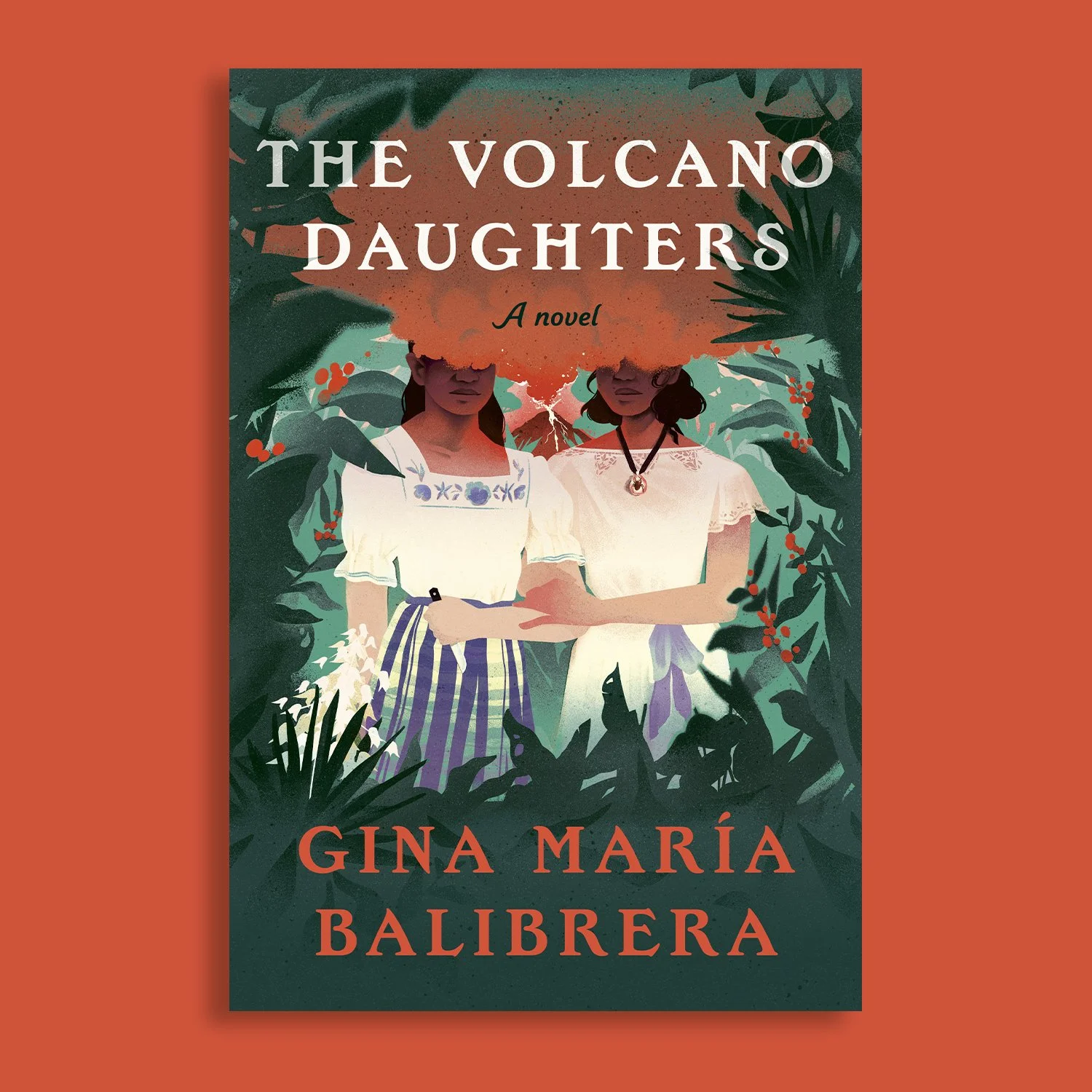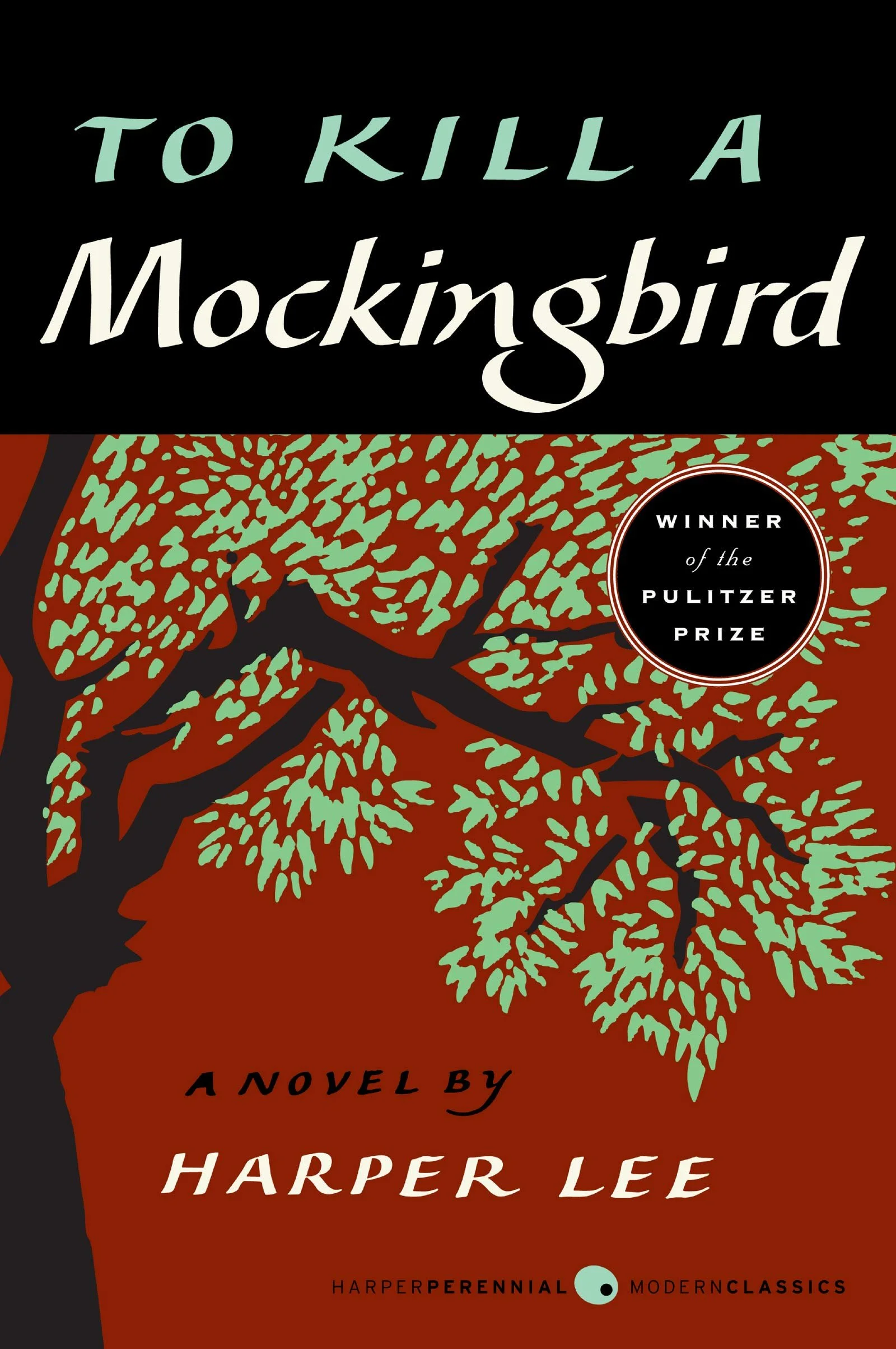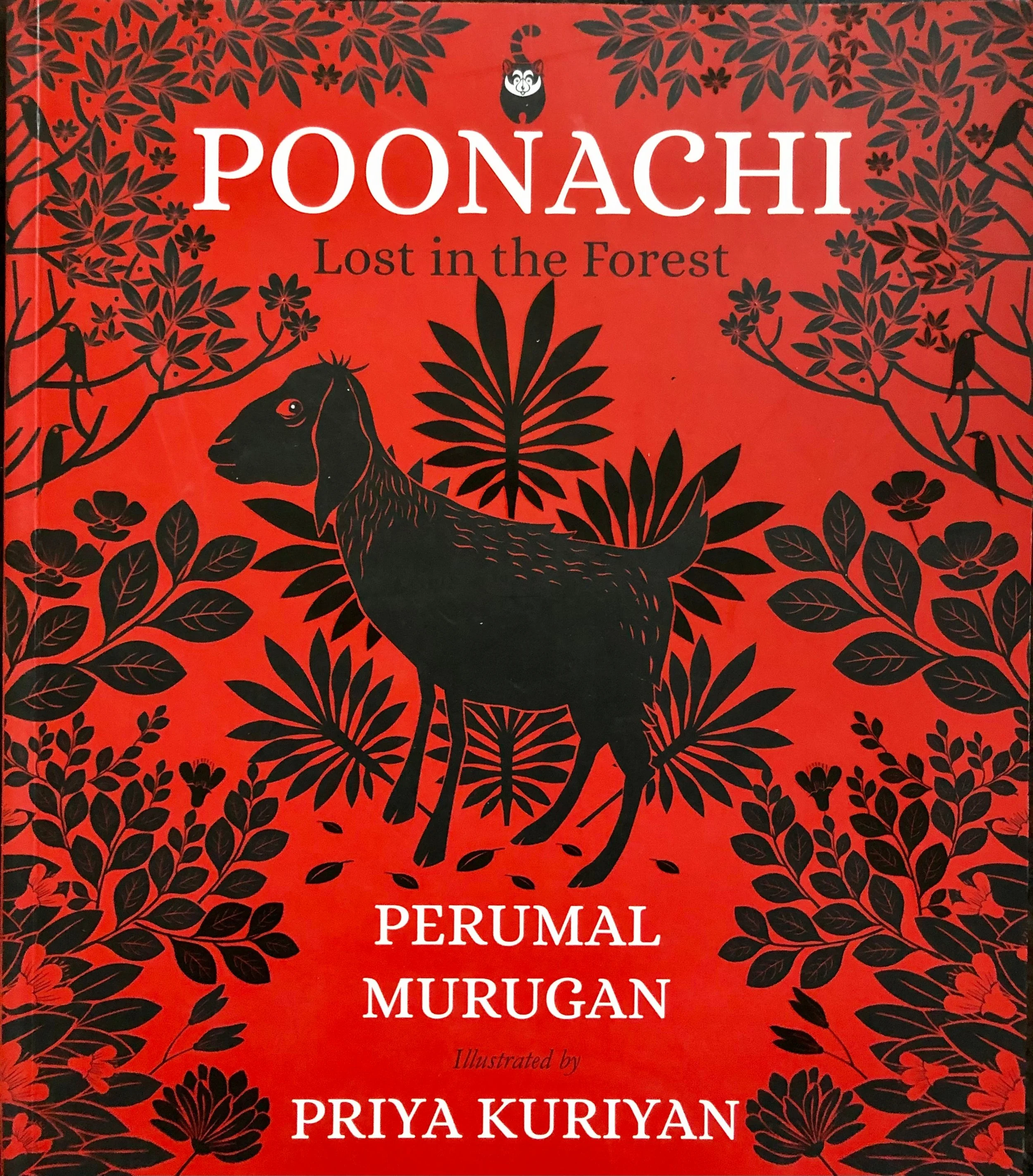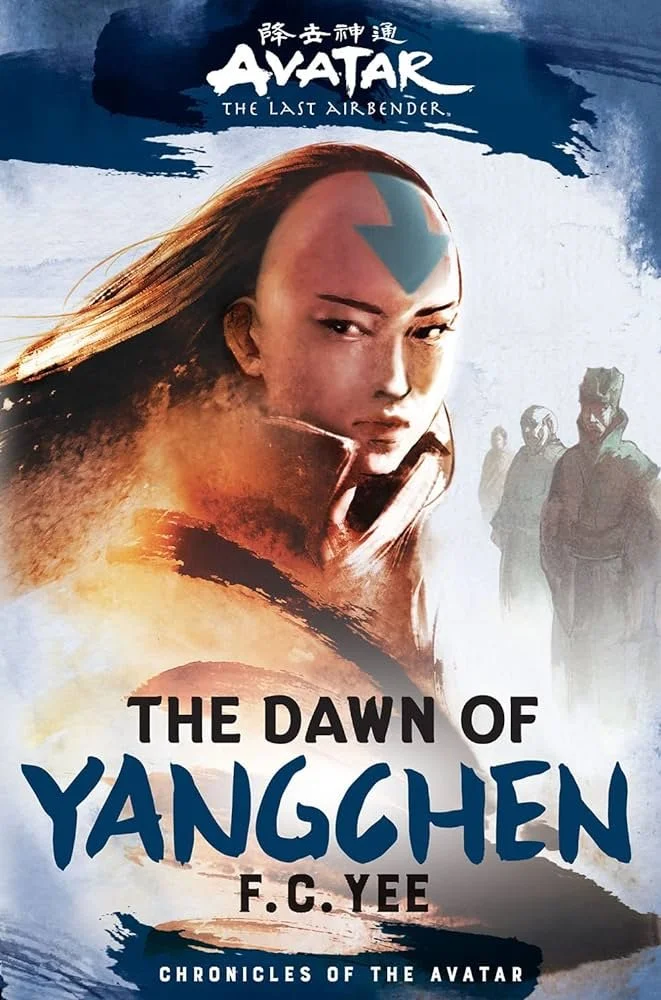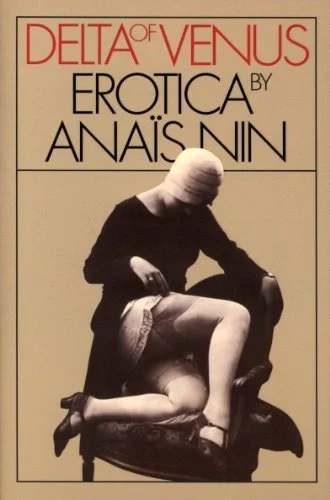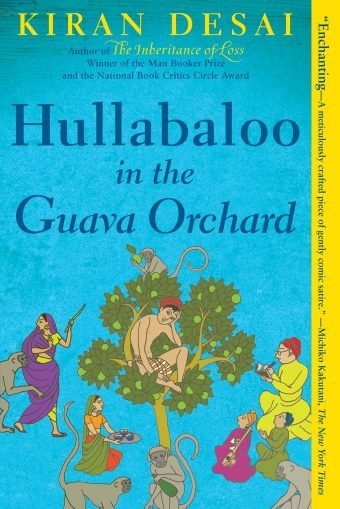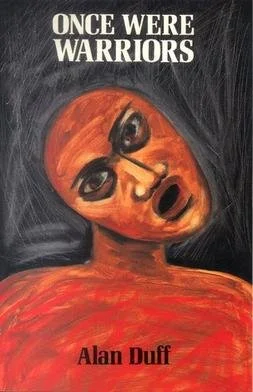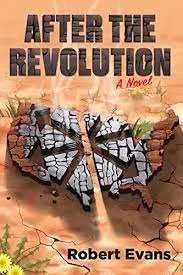Following the trails of Consuelo and Graciela, two daughters kidnapped from Izalco, El Salvador, The Volcano Daughters is a loving and ambitious attempt to re-tell Salvadoran history for the Salvadoran diaspora. In many ways, I feel like this book was written specifically for me, as a Salvadoran poet interested in Central American history. It takes as its backdrop the single biggest moment of historic trauma for Salvadorans outside of la conquista, which is of course La Matanza of 1932 where between 10k to 50k (depends on what scholarship you subscribe to) mostly indigenous folks were murdered in a couple of weeks. The novel manages to encapsulate Salvadoran history from the memories of indigo plantations in the 19th century to about the 1950s. I am not exaggerating when I say this novel will probably save young Salvadorans a decade of serious study in the sheer quantity of allusions it gathers and arranges into a coherent narrative.
The Volcano Daughters opens with a preamble of sorts, describing the importance and perspective of the story, quite reminiscent of Junot Diaz’s opening chapter to The Brief and Wondrous Life of Oscar Wao. Here, we become acquainted with one of Balibrera’s most genius storytelling devices, namely she uses the ghosts of young massacred girls, kin of our protagonists Consuelo and Graciela, as part interlocutor, part muse, in telling the story. The story is channeled explicitly through the author, Gina Balibrera, by these ghosts. The ghosts then interrupt the narrative, sometimes with shady commentary, other times contesting the story with their own biases, and sometimes even critiquing the author’s own language. This is a powerful and useful device that allows Balibrera the opportunity of dipping into debates about Salvadoran history and literature.
The Volcano Daughters is peppered with allusions to literature, history, and scholarship by or about Salvadorans. A lot of these asides are astute and apt interventions, such as when the ghosts interrupt an allusion to Roque Dalton to point out that he had a sexual relationship with the underage daughter of a comrade, something that Salvadoran literati and academia have not grappled with seriously yet because it is really inconvenient to have a figure as important and beloved to our leftist history as Roque be guilty of such a heinous act. This is one of the many necessary feminist interventions to our understanding of our own history.
Other times, however, I believe these asides are largely distracting. As much as I am curious about Balibrera’s criticisms of Joan Didion, her memoir Salvador literally falls outside the timeline of The Volcano Daughters. I’m ultimately only interested in the critique because I’m into Central American studies and even then, I’m not sure I got much out of that rant. If I wasn’t aware of Joan Didion, I wouldn’t have even picked up that it was her work being critiqued, as many of these allusions happen obliquely. Roque Dalton, for example, isn’t even mentioned by name. While one can argue that it’s up to the reader to do the research and study up to fully appreciate the work, I think putting this much of an onus is a tad ridiculous. As someone who has gone out of their way to study more Salvadoran history than most people I know in the diaspora, even I was sure I was missing out on crucial context for some of these asides, especially when it came to the conversations within the European art scene. These at times confusing allusions do, of course, present me with the opportunity to research and study more, but it definitely bogged down the narrative and wasn’t as effective at delivering such a critique as another forum or form may have been.
There is a trend right now of powerful, headstrong, reactive Latinas in Latina literature right now, who respond surprisingly boldly in violent confrontations. I’m thinking of Betita in Land of Cranes who tries to fight against ICE officers as a nine-year-old. I’m thinking of Tia Tere in my own collection where she assaults a thief, as she did in real life, and later when I imagine her landing a punch against a military officer, which she didn’t do in real life. In The Volcano Daughters, for example, one of the ghosts punches a military officer that later massacres her and the family; later on, Graciela stabs the 1930s-40s equivalent of ICE in Hollywood before fleeing. The latter example, especially, felt not very well thought out narratively, requiring a deus ex machina where Graciela flees following the ghosts as butterflies, somehow doesn’t get caught despite being in front of a Hollywood filming crew, and disappears in the Bay Area. Of course, Latinas are strong and powerful, many do resist, sometimes violently, against their oppressors, and we deserve to see that represented. But I’m not always convinced by the characterization of these headstrong women. They feel a bit more like tropes, caricatures than trauma-informed portrayals of real people. In a similar vein, I struggled with the voice of the novel at times. The amount of puchica’s was heartwarming and familiar, sure, but I feel like the characters are sometimes too easy to caricaturize. My own family says puchica, but not that much.
The story is propelled sometimes successfully, sometimes less so, by the drama of the era. Knowing La Matanza is coming in Salvador and the Nazis are coming in Europe creates some good narrative tension, but sometimes the question of why we were still following the characters through their lives lingered, especially as they meandered through their new lives. As a whole, The Volcano Daughters definitely succeeded in capturing the struggles of Salvadoran women in this era, as Graciela and Consuelo fumble through their trauma, romantic relationships, childbirth, racialized expectations of their behavior and careers as artists, etc. In this way, the novel succeeds dramatically and beautifully, even if it occasionally steers away from its focus.
All that said, I treasure this novel and look forward to gifting it to my loved ones, teaching it in a course one day, and otherwise uplifting it.
4 out of 5.
